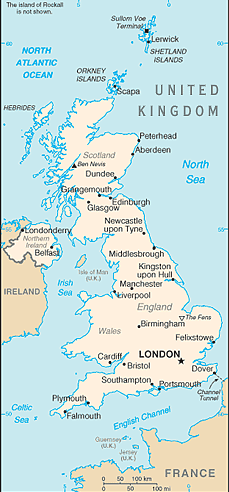The controversy that has swept much of Europe following France’s ban on headscarves has touched Britain, but left the United Kingdom’s moderate policies largely unchanged. Britain, which has had a substantial Muslim population for some time in large part due to colonial ties to South Asia, has long permitted girls to wear headscarves in schools and Muslim and Sikh uniformed police to wear the hijab or turban, respectively. Following the French ban, government officials reaffirmed these rights, though the wider debate over Muslim dress in schools has stirred controversy. A school in Luton notified a prospective student that headscarves were not on the approved dress code, but lifted its hijab ban soon after being warned by the government that it may violate the country’s Race Relations Act. In a related case, the decision fell the other way: a Muslim student was denied entrance to school after she chose to wear the ankle-length jilbab robe, but courts decided that school dress codes were reasonable to forbid it. Another event involved allegations that a science teacher forcibly removed the hijab from a student and made derogatory statements about Islam. The teacher was cleared by a local jury, and an internal investigation into the assault claim was initiated at the school. On the whole, these issues have been resolved to affirm the right of Muslim students to wear headscarves, but not stricter forms of religious dress. Meanwhile, polls show that a strong majority of Britain’s population supports the freedom to wear hijab, and many prominent politicians, including London’s Mayor Ken Livingstone, remain outspoken critics of the French headscarf ban.
- Previous: Turkmenistan
- Next: United States of America



